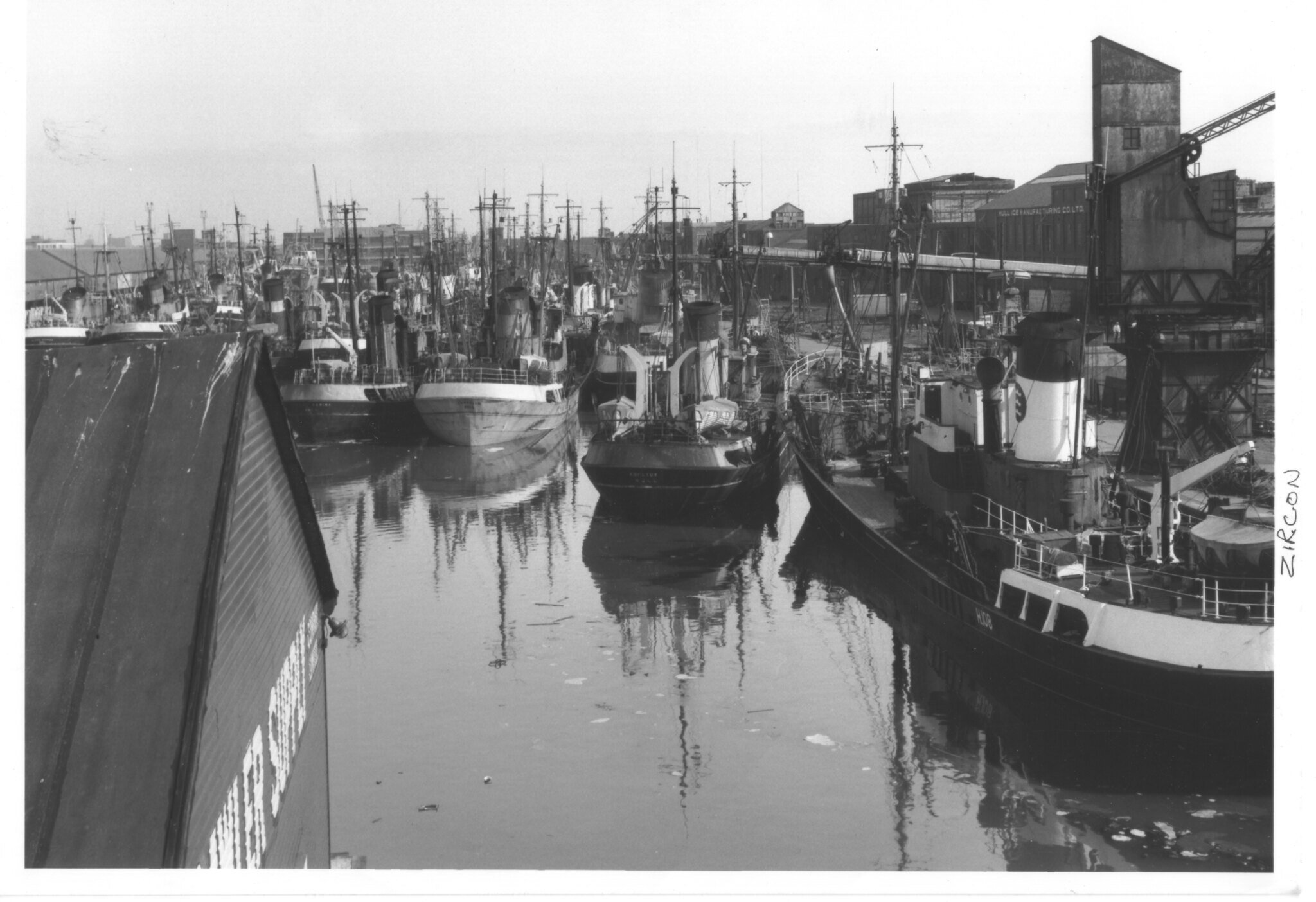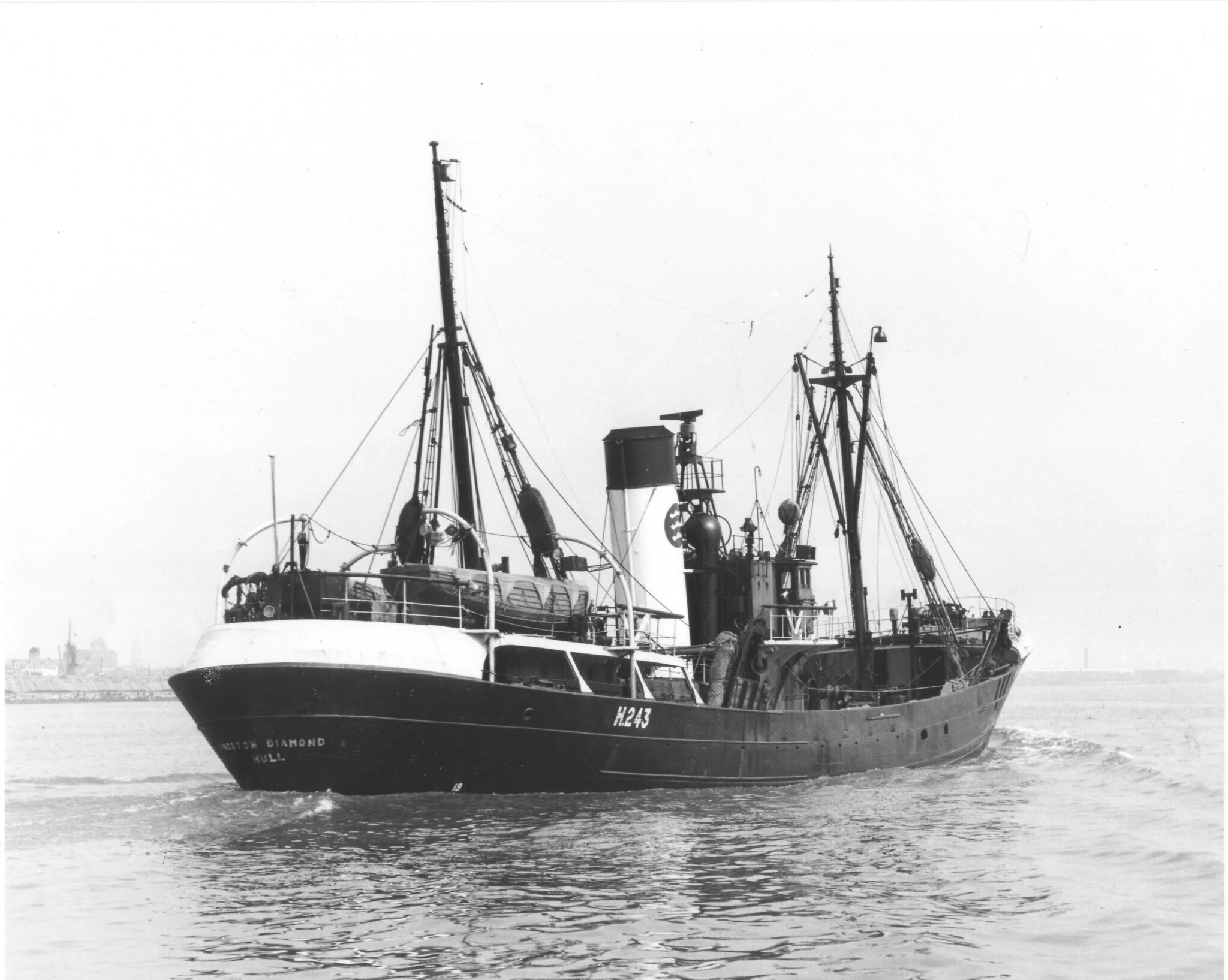Our Story
The Rodgers Family have been in and around the fishing industry for many years, and very proud to have come full circle with the brand of: Kings Fish and chips based in the York area
For the majority of the last 30 years Mark has been heavily involved in the fish side of the industry working for prestigious company’s such as Ross-fish ,Icelandic Seachill, Albert Darnell, Three Oceans and many years processing potatoes for McCain , as well as been a former fishmonger and merchent.
“I guess I have always been a fisherman, without ever actually going to sea. The fishing industry was wiped out by the time I left school, although fish was still being landed in Hull, the fishing fleet was long gone. My first job was on the old ‘Albert Dock’ working for Rossfish who supplied a lot of the fish and chips shops across the UK, by opening “Kings” its come full circle. I have remained in the food industry ever since, ending up as a specialist consultant for the food industry and now proud owners of our own brand celebrating Britains best take-away Fish & Chips”
A brief History of Fish & Chips
In 1910 there were more than 25,000 fish and chip shops across the UK, and by the 1930s it increased to over 35,000.
Winston Churchill called them “the good companions”. To each other, yes, but also to the British public.
They sustained morale through two world wars and helped fuel Britain’s industrial prime. Cheap, easily accessible, tasty, filling and comforting this was a dish that has been feeding the masses since the 1860s and still continues to do so today.
George Orwell in The Road to Wigan Pier (1937) put fish and chips first among the home comforts that helped keep the masses happy and “averted revolution”. During World War II, ministers bent over backwards to make sure fish and chips were one of the few foods that were never rationed.
The story of the humble chip goes back to the 17th Century to either Belgium or France, depending on who you believe.
Oddly enough, the chip may have been invented as a substitute for fish, rather than an accompaniment. When the rivers froze over and nothing could be caught, resourceful housewives began cutting potatoes into fishy shapes and frying them as an alternative.
Around the same time, fried fish was introduced into Britain by Jewish refugees from Portugal and Spain.
The fish was usually sold by street sellers from large trays hung round their necks. Charles Dickens refers to an early fish shop or “fried fish warehouse” in Oliver Twist (1839) where the fish generally came with other carbohydrates – sometimes bread or baked potatoes but there was no sign of the golden battered fare yet…
Who was it who had the bright idea to marry the fish and the chips together? Some say it was a northern businessman called John Lees. As early as 1863, it is believed he was selling fish and chips out of a wooden hut at Mossley market in industrial Lancashire.
Others claim the first combined fish ‘n’ chip shop was actually opened by a Jewish immigrant, Joseph Malin in East London around 1860.
Whoever you believe, the idea caught on and captured the tastes of the masses. At a time when working-class diets were bleak and unvaried, fish and chips were a tasty break from the norm.
Outlets sprung up across the country and soon they had become a firm mainstay of Victorian life in England.
Italian migrants saw the queues and the potential of a successful business model and so shops sprung up all over the UK.
How they’ve changed being served over the decades:
Pre-1980s – To keep prices down, portions were often wrapped in old newspaper – a practice that survived as late as the 1980s when it was ruled unsafe for food to come into contact with newspaper ink without grease-proof paper in between.
1990s/2000s – Once the newspaper was deemed unfit to come into contact with what we were consuming, high-end restaurants and pubs wrapped their fish and chips in ‘designer’ newspaper: as a nostalgic nod to earlier times. The 1990s (like the 1960s) was full of working class people hitting the big time in all industries such as art, music, TV, film and so suddenly mainstays of working class life – such as fish and chips – had now become cool and trendy.

smaller fishing boats Port of Hull
A look at the past.
I Remember with great fondness my grandad a proud fisherman all his life.. he had an accident on one fishing trip loosing his finger he went to the skipper and asked him “what he should do” the skippers reply: “chuck it over the side its no good to you now”.. they stitched the wound up with a needle and thread and he returned back on deck.. it was, and still is, considered one of the most dangerous jobs in the world..
Modern Trawlers Today
Today most fish & Chips restaurants use frozen at sea fish. This is caught, processed and frozen with 4 hours locking in that fresh flavor. Which gives the best possible product. We only use MSC Skinless & Boneless prime frozen at sea products that’s cut fresh from frozen, every day






